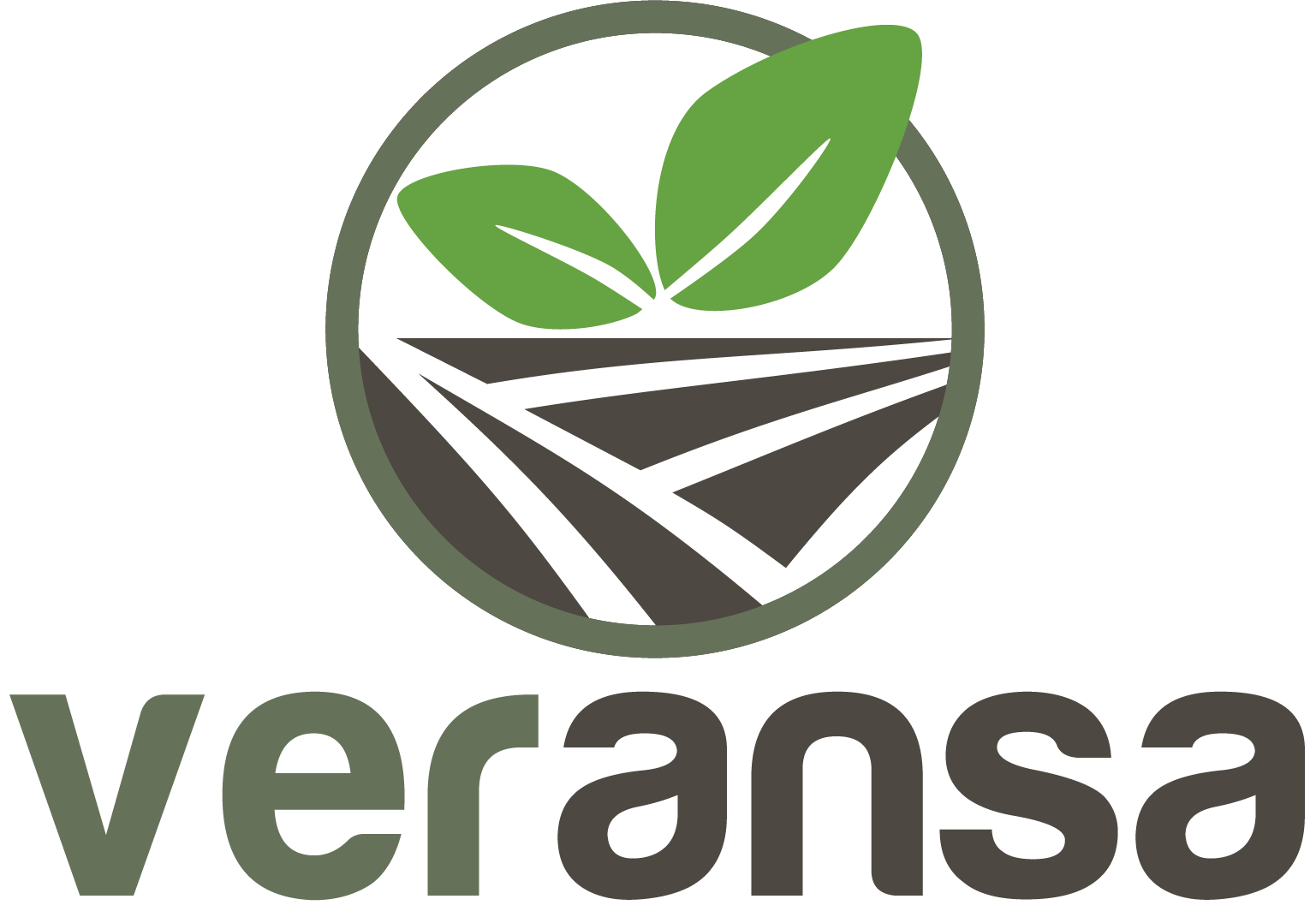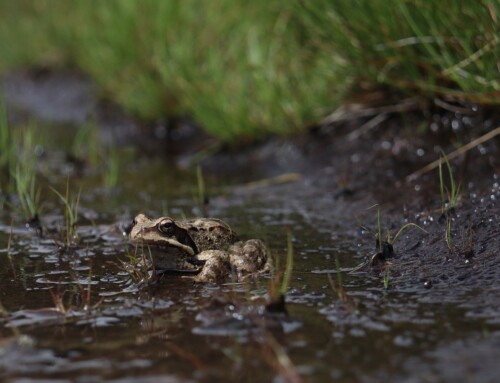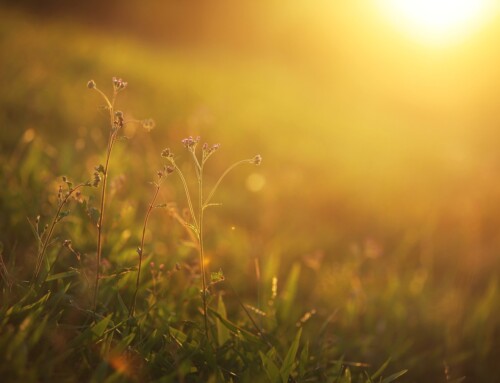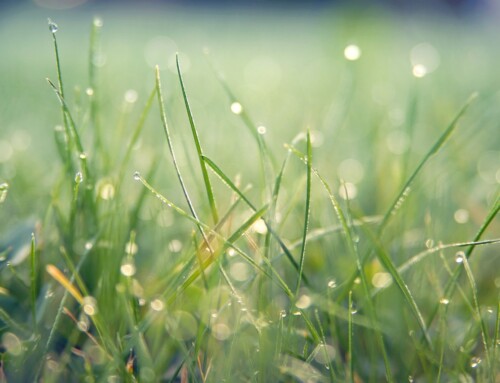Whether a community playground or a backyard play area, you need to do everything possible to protect your child’s safety. While monkey bars, swings, and slides can provide hours of fun, one misstep or fall can cause severe injury if the playground surface isn’t covered with an appropriate material. One of the most popular playground surfacing materials is mulch. The most common kinds of playground mulch are rubber mulch, wood chips, bark mulch, and pea gravel. Each has advantages and drawbacks, but overall, they’re all good options for your playground.
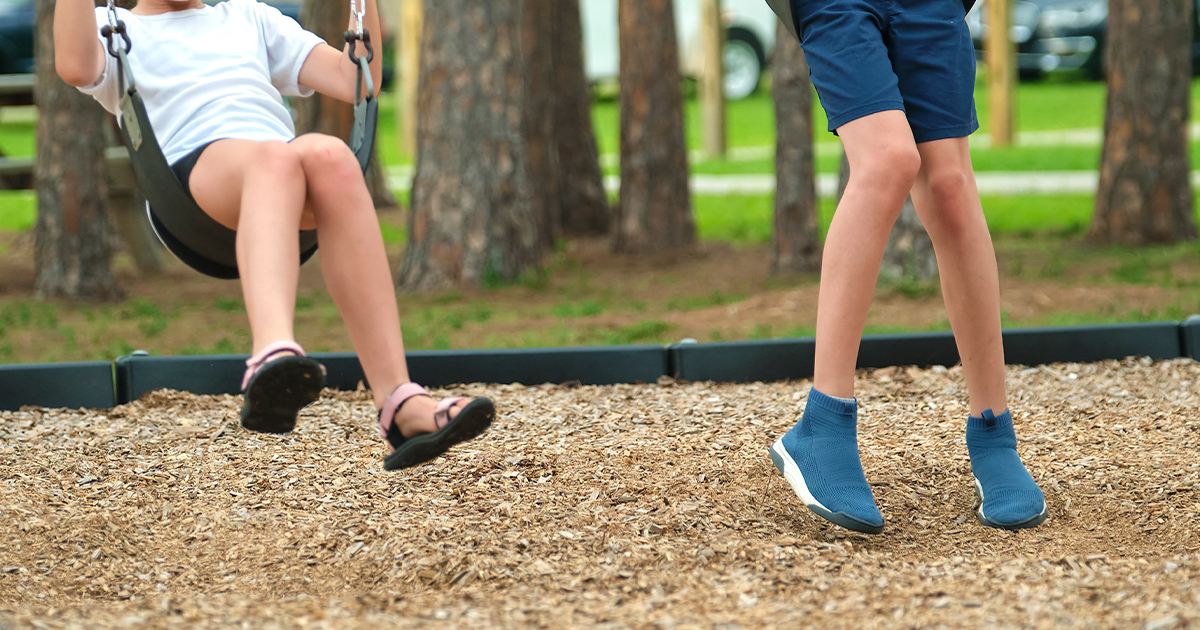
This article discusses the various types of playground mulch, giving you the facts you need to make an informed decision about safeguarding your local play spaces.
Is Playground Mulch Different than Landscaping Mulch?
Playground mulch is a layer of material applied to the playground’s surface to soften any falls and protect kids against injury. It also provides a cushioned surface for children to play on. Still, when most people think of “mulch,” what comes to mind is wood chips or shredded bark in the garden beds.
While gardening or landscape mulch can also be used in playgrounds, there is a difference between these materials and playground mulch.
Garden mulch is usually produced from organic materials such as wood chips, shredded bark, and leaves. These materials decompose over time and need to be routinely replenished. Playground mulch, however, is most often made from inorganic materials like rubber or pea gravel that don’t break down over time.
Various Types of Playground Mulch
- Wood Chips are traditionally the most popular type of playground mulch. Wood chips are produced by shredding and chipping tree branches and bark. This material is affordable and easy to find. The most significant benefit of wood chips is that they are organic and eco-friendly. However, they can attract bugs and pests, and can get quite messy and become displaced when children are involved.
- Rubber Mulch is manufactured from recycled tires and, as such, is usually black or dark brown. One of the biggest advantages of using rubber mulch is that it’s exceptionally long-lasting and sturdy. Rubber mulch is often utilized in commercial playgrounds because it can endure heavy foot traffic and severe weather conditions. Rubber mulch is easy to install and maintain, doesn’t encourage bugs or pests, and offers longevity. However, rubber mulch is more expensive and less eco-friendly than wood mulch. Important Note: Research indicates that rubber mulch can release harmful toxins, so be sure the mulch you choose is free of toxic materials.
- Pea Gravel is a small, round stone popular for landscaping projects. It comes in diverse colors, including white, black, and brown. Pea gravel is effective as a playground mulch because it offers shock absorption that protects kids from potential injuries. It is often considered for commercial playgrounds because it holds up to foot traffic and harsh weather; however, it can be expensive.
The Ultimate Play Surface Choice
Florida’s Own Premium Playground (FLOPP) Mulch has raised the bar in playground surfacing. Designed with both kids’ safety and environmental stewardship in mind, FLOPP mulch delivers the ideal balance between cushioning for safety and accessibility for all. It is an eco-friendly solution that contributes to a healthier and more sustainable planet.
This innovative playground mulch option is comprised of engineered wood fiber that is IPEMA Certified, guaranteeing that it adheres to the highest safety criteria for impact attenuation and accessibility. Not only is the material ADA compliant, it lowers the risk of injury from falls, offering peace of mind for parents and caregivers.
If you are searching for a low-maintenance playground surface that keeps its integrity without the hassle of weed and pest control – look no further than Veransa. Our quality playground mulch is recognized by industry experts for versatility and sustainability – read more here.
The Veransa Group is dedicated to making life better for Floridians by minimizing waste and creating eco-friendly agricultural products.
